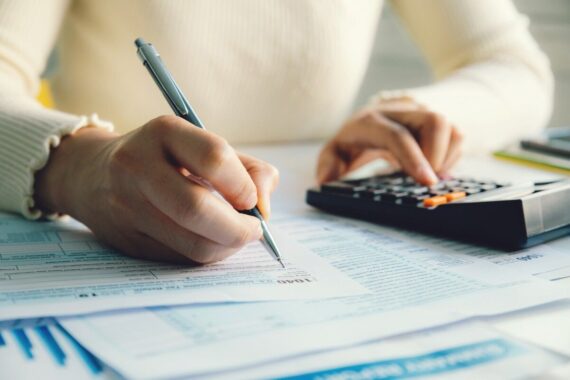Specialist GP accountants have urged the Treasury to take action to prevent ‘huge’ pension tax bills for thousands of GPs.
Pulse yesterday reported that the average GP could be hit by a ‘nightmare’ £33k tax bill due to the ‘unfair’ way inflation is applied to their pension, according to GP pensions experts.
The Association of Independent Specialist Medical Accountants (AISMA) said it has written to the Treasury calling on it to ‘take action’ to avert the ‘huge tax bills for thousands of GPs’.
It warned of ‘mounting concern within the medical profession over perceived unfairness in the annual allowance tax’ that could see GPs ‘landed with punitive tax charges due to the current steep rise in inflation’.
This ‘could lead to GPs either reducing sessions or leaving the NHS’, it said.
AISMA’s letter to the Treasury said: ‘The likely scenario is that there will be high pension growth in 2021/22 and 2022/23, followed by negative growth in 2023/24.
‘This means GPs will be taxed heavily in the two earlier years but will receive no relief for the third year.’
It added that average earning GPs could end up facing ‘high’ tax bills ‘simply due to inflation, which was never intended by the legislation’.
And some ‘may decide to bring forward retirement’ because ‘in many cases’, they will exceed their £40,000 threshold allowance available ‘simply due to the disconnect between the way inflation figures are calculated’, it said.
‘Whilst GP numbers may not fall, the unintended consequence will be a reduction in the sessions they choose to work,’ it added.
AISMA warned that GPs are also ‘at risk of not being able to comply accurately with their self-assessment requirements through no fault of their own’.
It recommended that the annual allowance legislation is ‘reviewed’ in the longer term.
AISMA board member Andrew Pow said: ‘The pensions annual allowance tax charge remains a significant barrier to the retention of doctors to work sessions in the NHS at a time when the NHS arguably needs them most.
‘GPs will need to consider whether they wish to work additional shifts, for example in primary care network roles or for out of hours organisations.’
AISMA has proposed three ‘short-term’ measures to resolve the issue:
- Amend the Finance Act so that ‘the inflation measurement for NHS workers is aligned between HMRC and NHS Pension calculations’, removing inflation differences to make taxation ‘fairer’ and ‘easier to predict’
- Recognise years of ‘negative growth’ so they can be ‘carried back to the previous year to allow matching of tax charges to real growth over a longer period’
- Allow NHS England and devolved bodies to replicate the 2019/20 compensation scheme to ‘protect clinicians from pension growth so that they are freed up to work at maximum capacity in the NHS’
The issue relates to tax-free annual allowance (AA) charges, which apply when an individual’s pension grows by more than the maximum amount of tax-free growth in one year – the standard AA currently stands at £40,000, but this is adjusted based on total income.
However, an ‘anomaly’ in the legislation means that the way HMRC calculates the increase in the value of an individual’s pension is based on ‘pseudo-growth’ – meaning that doctors are potentially going to be charged on ‘a benefit they will never actually receive’, as the BMA put it.
The BMA has said this amounts to ‘pension theft’ and had advised GPs to ‘prepare financially’ for a large tax charge or consider retiring early or reducing their pensionable pay, however, it later updated its website to soften this advice.
Pulse October survey
Take our July 2025 survey to potentially win £1.000 worth of tokens













